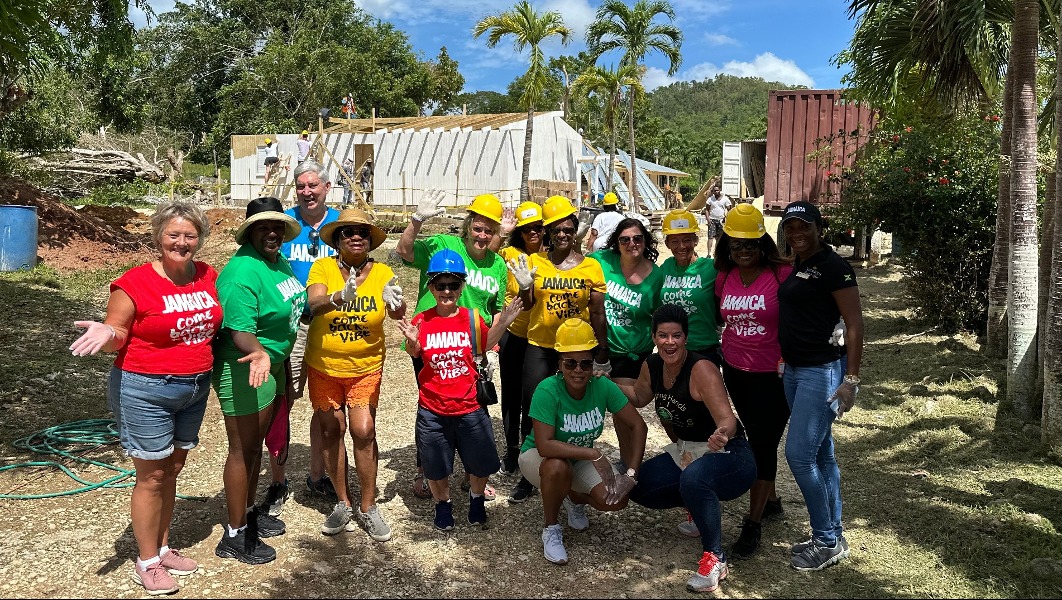Making The Commitment To The Recovery

The Canadian Council of Tourism Ministers (CCTM) held its annual meeting recently and, not surprisingly, it focused on the recovery of this country’s tourism industry.
Co-chaired by the Minister of Tourism and Associate Minister of Finance, Randy Boissonnault and Quebec’s Minister of Tourism Minister, Caroline Proulx, the meeting provided a forum for federal, provincial, and territorial tourism ministers to agree on common objectives to pursue.
The ministers also reaffirmed the need for continued collaboration and support for the sector through the pandemic and towards recovery.
Tourism Minister Boissonnault observed that: “We know the Canadian tourism sector continues to be one of the most affected by the COVID-19 pandemic and the Canadian economy will not fully recover until tourism has too. I want to assure all Canadians in the sector that we will continue to support businesses through the current challenges.”
Boissonnault continued: “Tourism is everybody’s business, a key economic driver in communities across the country. As the federal minister of tourism, it is my responsibility to leverage best practices and to collaborate with my colleagues on a work plan for 2022 and years to come. The Canadian economy will not fully recover until our tourism sector recovers.”
Quebec’s Minister of Tourism, Proulx said: “Tourism is an important sector of the economy for all regions of Quebec and, since the beginning of the pandemic, our government has implemented robust measures to support our stakeholders. We will continue to take the necessary steps to ensure a strong and dynamic tourism recovery and to help our businesses and workers, and lead our industry to the heights it had reached before the current crisis, a desire we all share.”
During the meeting, the ministers discussed the current context and the main challenges affecting the recovery of the tourism sector — both in the short and long term — including, uncertainty surrounding the trajectory of the pandemic, the level of tourism demand, workforce challenges, and destination development.
As well, the ministers affirmed their commitment to strengthen federal-provincial-territorial (FPT) collaboration in developing policies that will help the sector recover, where necessary, all while respecting federal, provincial, and territorial areas of jurisdiction and the needs of municipalities.
Ministers agreed to establish a collaborative work plan consisting of three key elements in short order:
- Collaborating to address the challenges posed by workforce shortages
- Addressing access to destinations
- Promoting economic growth for the entire tourism sector, specifically sustainable tourism, events, and Indigenous experiences
They noted the importance of working with partners and stakeholders in their respective jurisdictions with the goal of restoring travellers’ confidence in Canada. Ministers will review progress on this work plan throughout 2022.
With tourism businesses that have adopted rigorous health and safety standards, and having one of the highest COVID-19 vaccination rates in the world, Canada has proven itself to be a destination where people can safely travel.
A full recovery of the Canadian economy includes the recovery of the tourism sector, especially as visitor spending is a key economic contributor for communities from coast to coast to coast.


